Calculating your inventory costs; an introduction
If you have a large scale eCommerce brand, you’ll know that you inventory costs account for a large portion of your overhead costs due to the large amount of inventory you have.
However, regardless of whether or not you are a large scale brand, a small brand, or you’re just starting out, this guide will walk you through the different types of inventory costs, and how to calculate them accurately to ensure you are not minimising your overall profits.
Let’s get started…

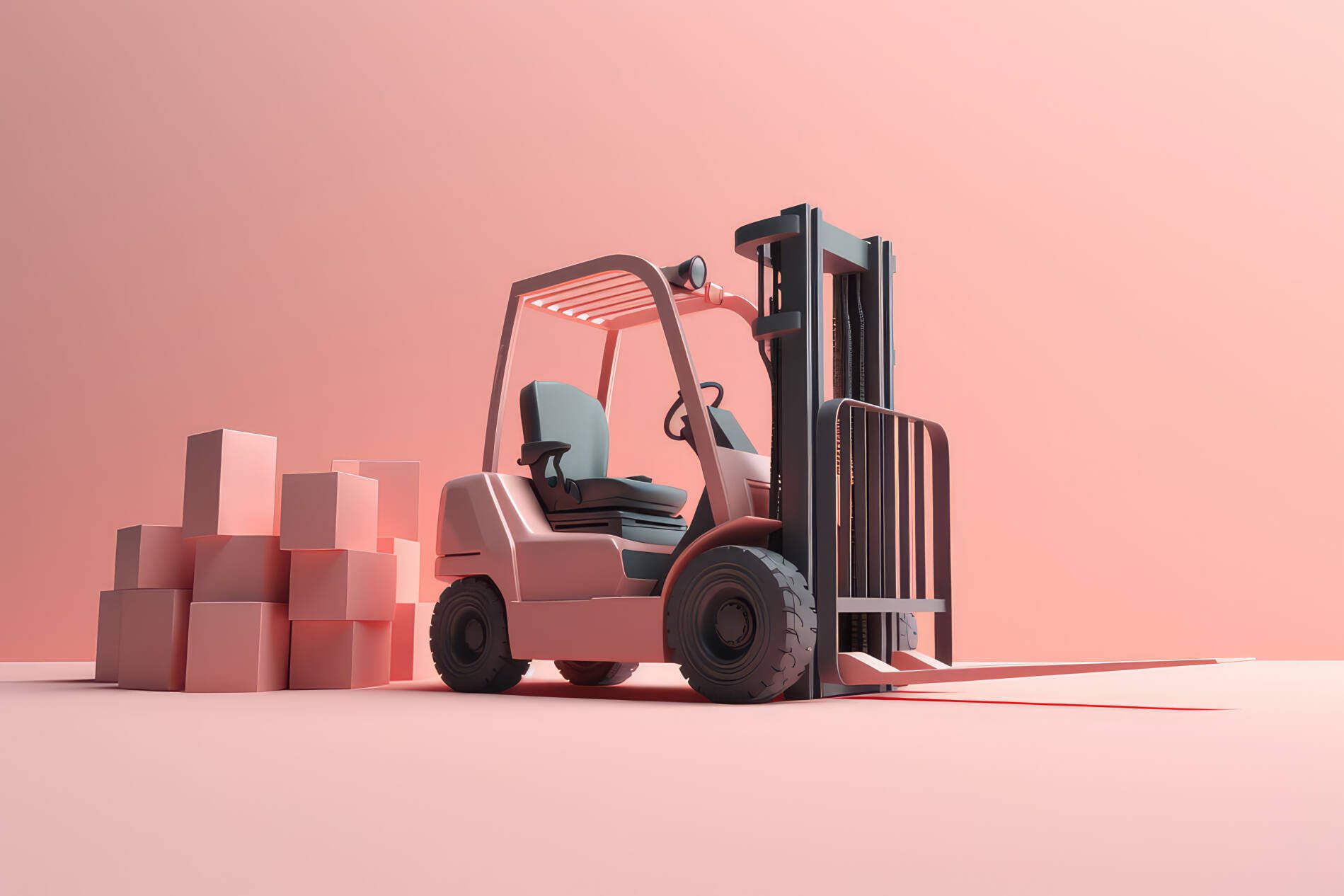
What are inventory costs?
Your inventory cost refers to the price you pay to purchase, store, and manage your inventory. Your overall inventory cost will also cover the cost of; warehousing, labour, and insurance. We will explore these costs next.
As mentioned, if you are a large scale business, these overall costs will be higher.
Let’s explore the different types of inventory costs…
Homeware; Exploring the growing market…
Calculating Your Inventory Costs; An Introduction…
If you have a large scale eCommerce brand, you’ll know that you inventory costs account for a large portion of your overhead costs due to the large amount of inventory you have.
However, regardless of whether or not you are a large scale brand, a small brand, or you’re just starting out, this guide will walk you through the different types of inventory costs, and how to calculate them accurately to ensure you are not minimising your overall profits.
Let’s get started…

Homeware; Exploring the growing market…
What Are Inventory Costs?
Your inventory cost refers to the price you pay to purchase, store, and manage your inventory. Your overall inventory cost will also cover the cost of; warehousing, labour, and insurance. We will explore these costs next.
As mentioned, if you are a large scale business, these overall costs will be higher.
Let’s explore the different types of inventory costs…

Homeware; Exploring the growing market…
How to calculate your inventory costs
There is a very simple formula for you to follow to help you calculate your overall inventory costs. The formula is as follows;
Inventory cost = (beginning inventory + inventory purchases) – ending inventory
We will explore an example of this in practice next…

Homeware; Exploring the growing market…
Calculating Your Inventory Costs; An Example
Imagine you are a pet supplies company. You would like to calculate your total inventory costs over the last 12 months before you enter the next year.
You look at the inventory you had at the start of the 12 month period (beginning inventory), which you value at £40,000.
You then look at your inventory purchases for the last 12 months, which you value at £80,000.
The last thing you look at before making your final calculation is your ending inventory, which you value at £50,000. The calculation for your ending inventory is as follows;
£40,000 (beginning) + £80,000 (purchases) – £50,000 (ending) = £70,000.
Your inventory cost is therefore £70,000.

Homeware; Exploring the growing market…
Why Is Calculating My Inventory Costs Important?
Your inventory management is one of the most important things when it comes to successfully operating, growing, and scaling your eCommerce brand, and this applies to your inventory costs as well.
Accurately calculating your inventory costs will help you make informed decisions about your business, such as; your budget, resource planning, cost reduction plans, and that pesky thing that everyone has to pay – tax.
Let’s dive into the importance of calculating these costs in more detail…


How to calculate your inventory costs…
There is a very simple formula for you to follow to help you calculate your overall inventory costs. The formula is as follows;
Inventory cost = (beginning inventory + inventory purchases) – ending inventory
We will explore an example of this in practice next…
Calculating your inventory costs; an example
Imagine you are a pet supplies company. You would like to calculate your total inventory costs over the last 12 months before you enter the next year.
You look at the inventory you had at the start of the 12 month period (beginning inventory), which you value at £40,000.
You then look at your inventory purchases for the last 12 months, which you value at £80,000.
The last thing you look at before making your final calculation is your ending inventory, which you value at £50,000. The calculation for your ending inventory is as follows;
£40,000 (beginning) + £80,000 (purchases) – £50,000 (ending) = £70,000.
Your inventory cost is therefore £70,000.


Why is calculating my inventory cost important?
Your inventory management is one of the most important things when it comes to successfully operating, growing, and scaling your eCommerce brand, and this applies to your inventory costs as well.
Accurately calculating your inventory costs will help you make informed decisions about your business, such as; your budget, resource planning, cost reduction plans, and that pesky thing that everyone has to pay – tax.
Let’s dive into the importance of calculating these costs in more detail…

What Factors Have An Impact On My Inventory Costs?
There are different factors to take into consideration when it comes to looking at what has a direct impact on your inventory costs.
For example, if it takes a long period of time to turn your inventory into a sale, then your costs will be higher due to the storage fees associated with holding your stock for a long period of time.
There are other factors too though, which we will look at now…

What impacts my inventory costs?
There are different factors to take into consideration when it comes to looking at what has a direct impact on your inventory costs.
For example, if it takes a long period of time to turn your inventory into a sale, then your costs will be higher due to the storage fees associated with holding your stock for a long period of time.
There are other factors too though, which we will look at now…
How TSP can help…
If you’re struggling with inventory management, TSP Fulfilment can help you.
With over 20 years of industry experience, we are experts when it comes to anything from picking, packing and shipping, down to kitting and assembly and handling your returns. Our cloud-based inventory management system can;
- Notify you of stock replenishment needs
- Notify you of when and when not to re-order
- Ability to track inventory
- Ability to automate orders
- Respond to trends
We are the perfect option for business. Explore our range of services below…

How TSP can help…
If you’re struggling with inventory management, TSP Fulfilment can help you.
With over 20 years of industry experience, we are experts when it comes to anything from picking, packing and shipping, down to kitting and assembly and handling your returns. Our cloud-based inventory management system can;
- Notify you of stock replenishment needs
- Notify you of when and when not to re-order
- Ability to track inventory
- Ability to automate orders
- Respond to trends
We are the perfect option for business. Explore our range of services below…

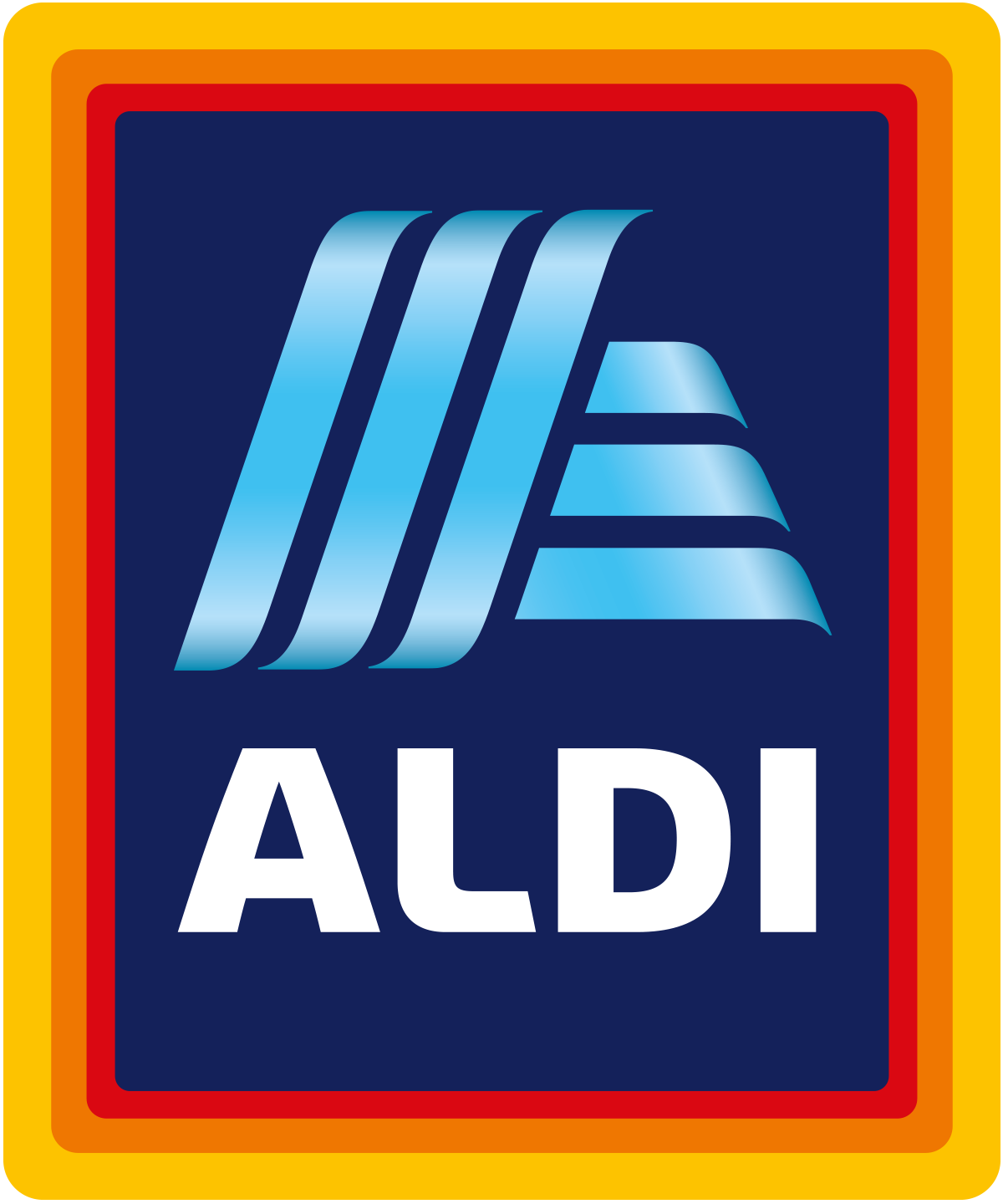
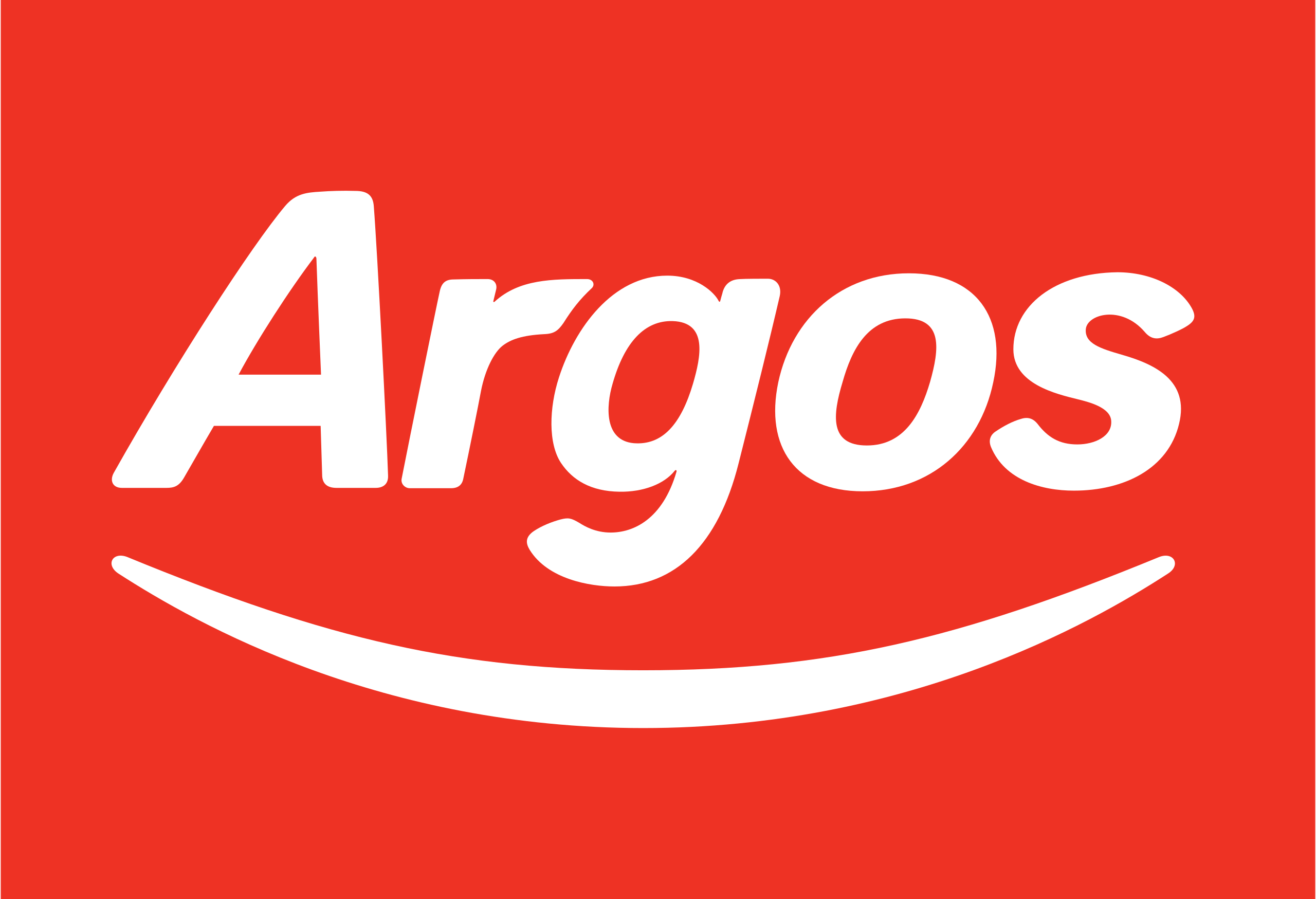


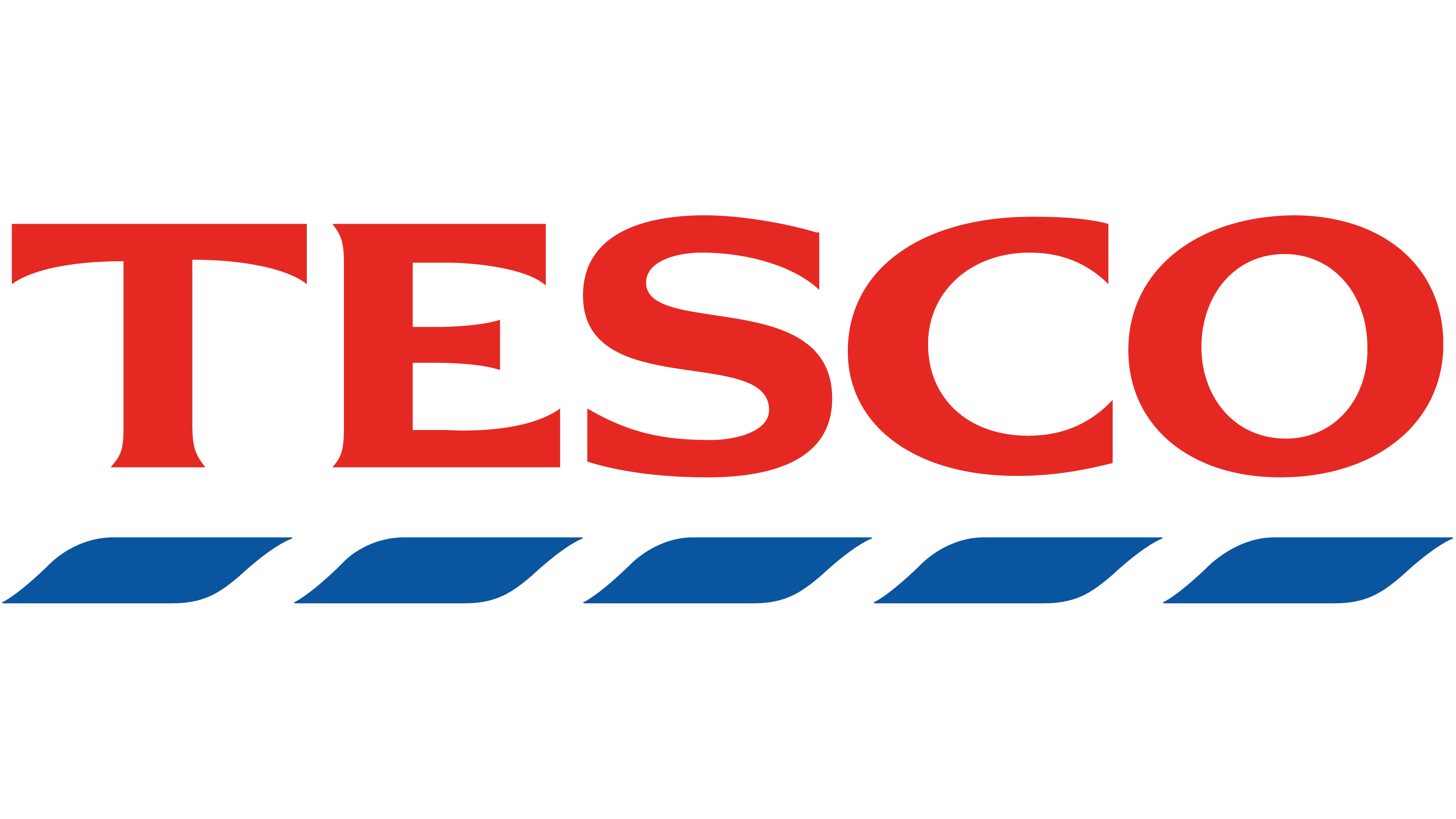
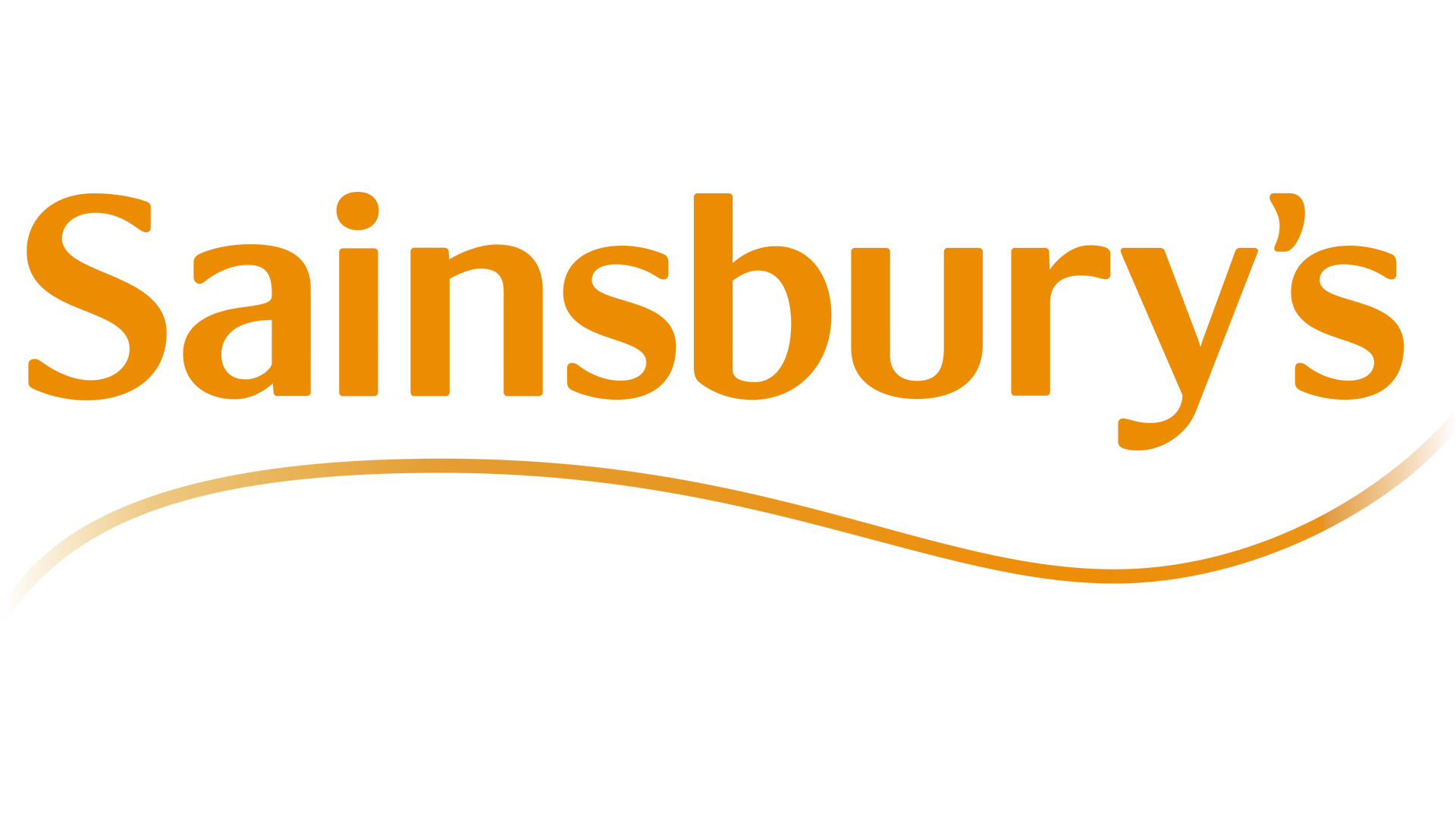






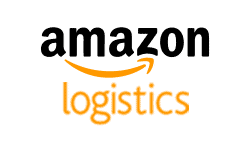
















Collate your product details and connect your stores / market places
Link you into our preferred courier network
Take delivery of your stock, go live!
Collate your product details and connect your stores & marketplaces.
Link you into our preferred courier network.
Take delivery of your stock, go live!











